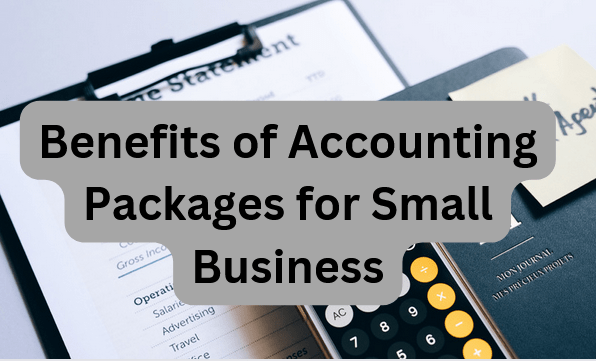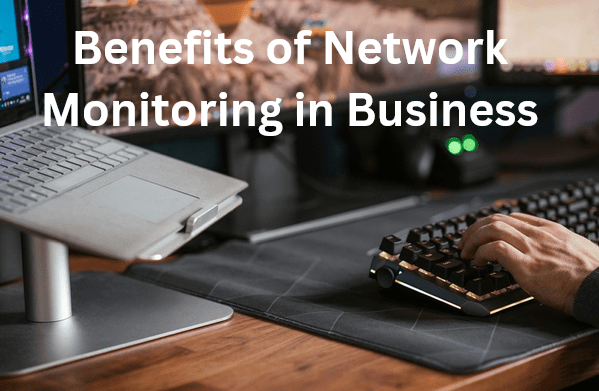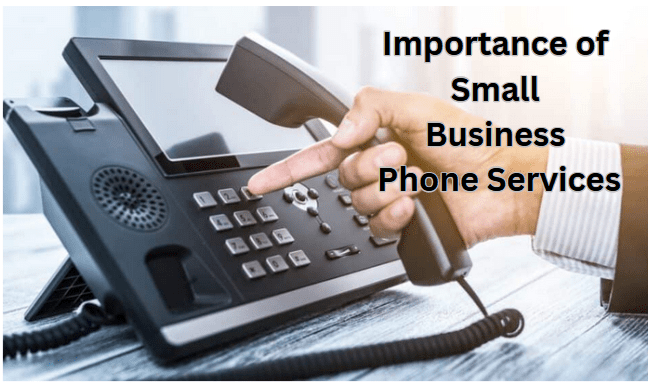In today’s highly competitive business world, managing finances efficiently is crucial for small business success. Gone are the days of manual bookkeeping and endless spreadsheets. In this guide, we’ll explore everything you need to know about accounting packages for small businesses, from key features to consider to the top solutions on the market.
Irrespective of your business ideas, accounting packages are comprehensive software solutions designed to streamline financial processes, reduce errors, and provide valuable insights into your business’s financial health. With a plethora of options available, choosing the right accounting package for your small business can be daunting.
As an entrepreneur, here are top 15 reasons you need small business accounting software in 2024.
With the insights provided in this guide, you’re equipped to navigate the vast landscape of accounting packages and make an informed decision that propels your small business forward. Harness the power of technology to streamline your financial processes, gain valuable insights, and drive sustainable growth in today’s competitive business environment.
What are Understanding Accounting Packages?
Accounting packages, also known as accounting software or financial management software, are digital tools that help businesses manage their financial transactions, track expenses, create invoices, process payroll, and generate financial reports.
These packages automate many accounting tasks, saving time and minimizing the risk of errors associated with manual processes. From sole proprietors to small businesses with multiple employees, accounting packages cater to a wide range of business needs and sizes.
Key Benefits of Accounting Packages for Small Business:
1. Ease of Use
When selecting accounting software, prioritize intuitive interfaces and user-friendly features that simplify navigation and data entry. Avoid solutions with steep learning curves, as they can impede adoption and hinder productivity.
2. Scalability
Consider the growth trajectory of your business. Opt for a solution that can scale alongside your company, accommodating additional users, transactions, and features as your business expands. This ensures long-term suitability and avoids the need for frequent software migrations.
3. Cloud-Based vs. On-Premises
Determine whether a cloud-based or on-premises solution best aligns with your preferences and requirements. Cloud-based software offers accessibility from anywhere with an internet connection, while on-premises solutions provide greater control over data but require local installation and maintenance. Assess the trade-offs between accessibility and control before making a decision.
4. Integration Capabilities
Check the compatibility of the accounting software with other essential business tools such as CRM software, e-commerce platforms, and payment gateways. Seamless integration streamlines workflows and enhances efficiency by eliminating the need for manual data entry or reconciliation between disparate systems.
5. Security
Prioritize the protection of sensitive financial data by selecting accounting packages with robust security features. Look for solutions that implement data encryption, regular backups, and stringent security protocols to safeguard against cyber threats and unauthorized access. Ensuring the security of your financial information is crucial for maintaining trust with clients and complying with regulatory requirements.
6. Cost
Evaluate the total cost of ownership, including both upfront costs and ongoing subscription fees, when comparing accounting software options. Consider the value offered by each package in relation to your business’s specific needs and budget constraints. Factor in any potential savings from increased efficiency and reduced operational overhead when assessing the overall cost-effectiveness of the software solution.
7. Customer Support
Reliable customer support is essential, particularly for businesses without dedicated accounting staff. Look for vendors that offer responsive support channels, including phone, email, and live chat, to address any technical issues or questions that may arise during implementation or daily use. Assess the quality and availability of customer support services to ensure prompt assistance when needed, minimizing disruptions to your business operations.
Conclusively, choosing the right accounting package is a critical decision for small businesses seeking to manage their finances effectively and efficiently. By considering key features such as ease of use, scalability, integration capabilities, security, cost, and customer support, you can select a solution that aligns with your business’s needs and goals. Read also 10 steps to getting small business loans without collateral in 2024.
Whether you opt for a market-leading platform like QuickBooks Online or a budget-friendly option like Wave, investing in the right accounting package can pave the way for financial success and business growth.




